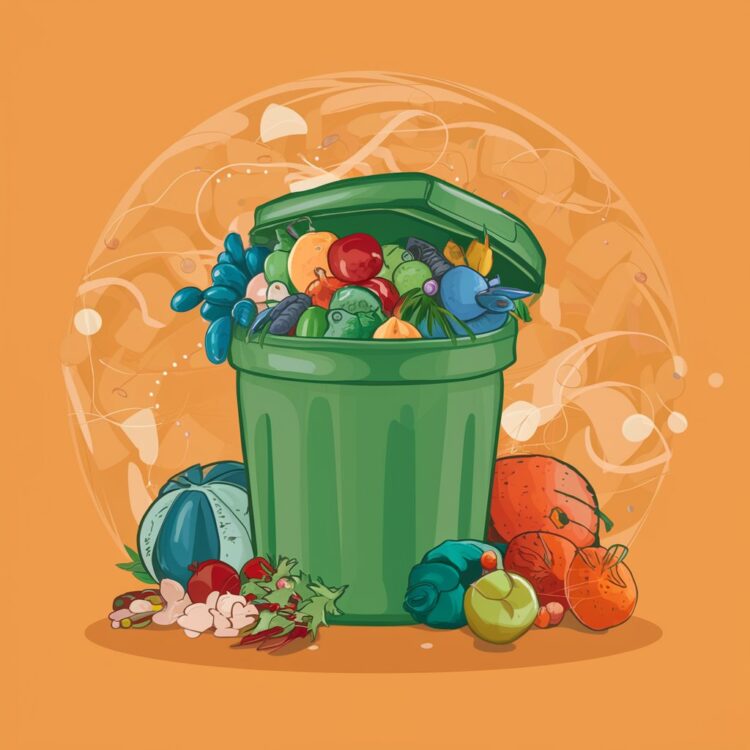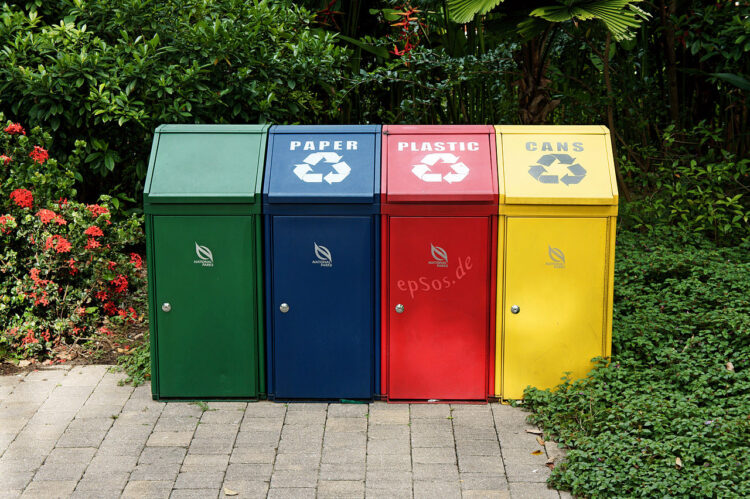Proper garbage disposal is crucial for maintaining a clean environment and protecting our planet.
Improper waste management can lead to severe environmental consequences, making it essential for everyone to practice responsible disposal habits.
That is why we want to share some garbage disposal tips.
Table of Contents
Understanding the Problem
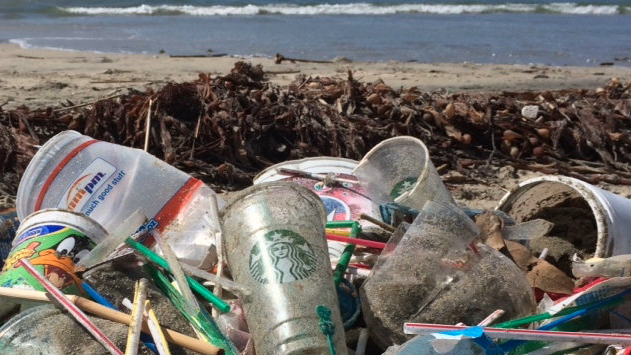
Littering remains a significant issue with far-reaching effects. Littering not only tarnishes the aesthetic appeal of our surroundings but also poses serious environmental risks.
Discarded waste on streets, parks, and beaches diminishes the beauty of these areas, making them less enjoyable for residents and visitors. This visual pollution can also have economic consequences, as it may reduce property values and deter tourism.
Statistics reveal that a substantial percentage of people still engage in littering behaviors, contributing to the growing problem. For example, studies have shown that millions of tons of litter are generated annually worldwide.
The persistent issue stems from various factors, including a lack of awareness, insufficient waste disposal infrastructure, and a disregard for environmental consequences. Understanding why people litter is essential for developing effective interventions.
The impact on oceans and wildlife is particularly concerning. Marine life often mistakes litter for food, leading to ingestion and entanglement, which can be fatal.
For instance, sea turtles may consume plastic bags, mistaking them for jellyfish, which can cause internal blockages and death. Birds and marine mammals can become entangled in fishing lines, nets, and other debris, leading to injury, drowning, or starvation.
Litter can disrupt ecosystems and contribute to the pollution of waterways, affecting both aquatic life and human health. Chemicals from discarded waste can leach into water sources, contaminating them with harmful substances.
The pollution can harm fish and other aquatic organisms, leading to declines in populations and biodiversity. Additionally, humans who consume contaminated fish and shellfish may suffer from various health problems, including gastrointestinal issues and long-term illnesses caused by toxic chemicals.
Effective Use of Trash Receptacles
Proper placement and accessibility of trash bins play a crucial role in reducing litter. Strategically locating trash receptacles in high-traffic areas like parks, bus stations, and food vendor locations can significantly reduce littering.
The proximity of trash bins is vital; when bins are conveniently located, people are more likely to use them. The design and usability of trash receptacles also matter. Bins should have an optimal size and capacity to handle expected waste volumes.
Large openings and user-friendly designs encourage proper use.
The visual appeal of trash bins can make a difference. Using colorful, eye-catching trash cans and clear signage helps guide people to disposal points, making it easier for them to dispose of waste responsibly.
Encouraging Good Habits
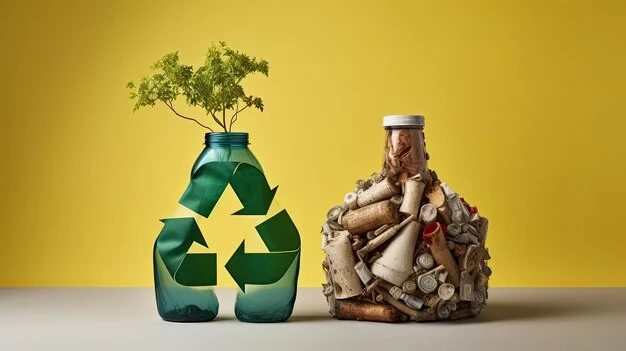
Promoting recycling as a complementary practice to waste disposal can have significant environmental benefits.
Recycling reduces landfill waste and conserves resources by reusing materials like paper, plastic, and metal, which would otherwise contribute to environmental degradation.
This process not only saves natural resources but also reduces the energy required for manufacturing new products, leading to lower greenhouse gas emissions.
Proper placement of recycling bins is essential in encouraging people to recycle more. When recycling bins are placed alongside regular trash bins in convenient and high-traffic locations, it becomes easier for individuals to separate their waste correctly.
This simple yet effective strategy can lead to higher recycling rates and reduced contamination in the recycling stream. Additionally, labeling bins clearly with what can and cannot be recycled helps prevent confusion and ensures that recyclables are not mixed with general waste.
Regular maintenance of trash and recycling receptacles is crucial for effective waste management. Bins should be emptied frequently to prevent overflow, which can deter people from using them and lead to increased littering.
Overflowing bins not only contribute to litter but also create an unsightly and unsanitary environment that can attract pests and generate unpleasant odors. By maintaining clean and functional bins, communities can foster a culture of responsibility and cleanliness.
Educating the public about the benefits of recycling and proper waste disposal practices is vital for fostering better habits and a greater sense of environmental responsibility.
Public awareness campaigns can highlight the positive impacts of recycling on the environment, such as conserving natural resources, reducing pollution, and mitigating climate change.
Schools, community centers, and local governments can organize workshops and seminars to teach residents about the importance of recycling and how to do it correctly.
Incorporating recycling education into school curriculums can instill these values in younger generations, making responsible waste disposal a lifelong habit.
Community leaders and influencers can also play a role in promoting recycling by setting an example and encouraging others to follow suit.
Providing incentives, such as rewards for consistent recycling efforts or competitions between neighborhoods, can further motivate people to participate actively.
Composting
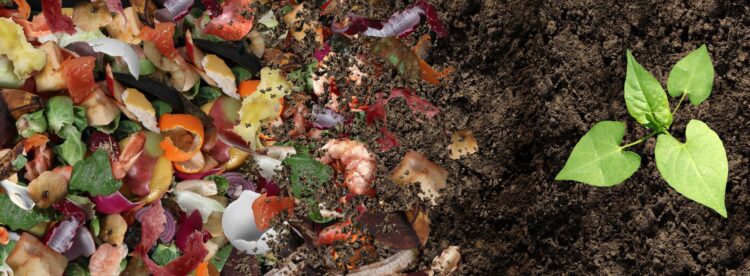
Composting offers a sustainable alternative to traditional waste disposal methods. According to Stanford Magazine, composting can significantly reduce greenhouse gas emissions and create nutrient-rich soil. This process involves the natural decomposition of organic waste, turning it into valuable compost.
There are different types of composting to consider. Backyard composting, though limited by space and effort, allows individuals to manage their organic waste effectively.
Large-scale municipal composting programs provide a broader solution, offering advantages like higher efficiency and accessibility for urban populations.
These programs can handle larger volumes of organic waste, diverting it from landfills and reducing overall environmental impact. Embracing composting can lead to a more sustainable waste management system, benefiting both the environment and communities.
Garbage Disposal Best Practices
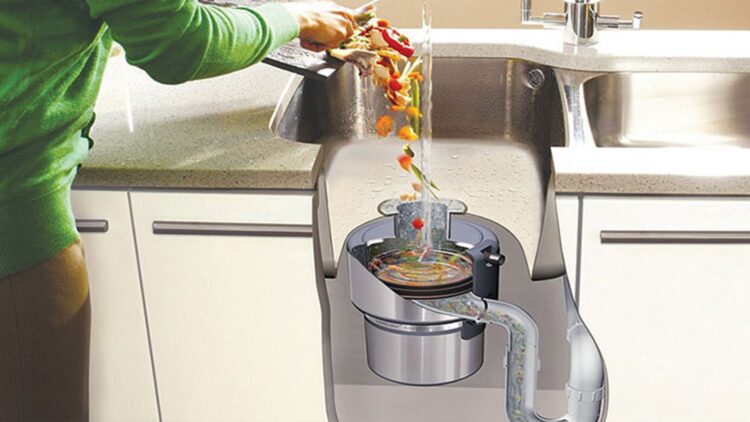
Knowing what not to put in the garbage disposal is essential for its proper functioning. According to Good Clean Plumbing, items like potato peels, stone fruit pits, fibrous fruits and vegetables, grease, bones, and eggshells can cause significant damage. Non-food items should never be placed in the disposal unit.
For difficult waste, alternatives like composting suitable food waste are recommended. Grease and bones, for example, should be disposed of through proper methods to avoid clogging and damage.
Implementing these best practices ensures the longevity of garbage disposals and helps maintain a clean and efficient waste management system.
The Bottom Line
Responsible waste disposal is a collective effort that benefits the environment and our communities. By adopting better disposal habits, recycling, and composting, we can significantly reduce our environmental impact and contribute to a cleaner, healthier planet.
